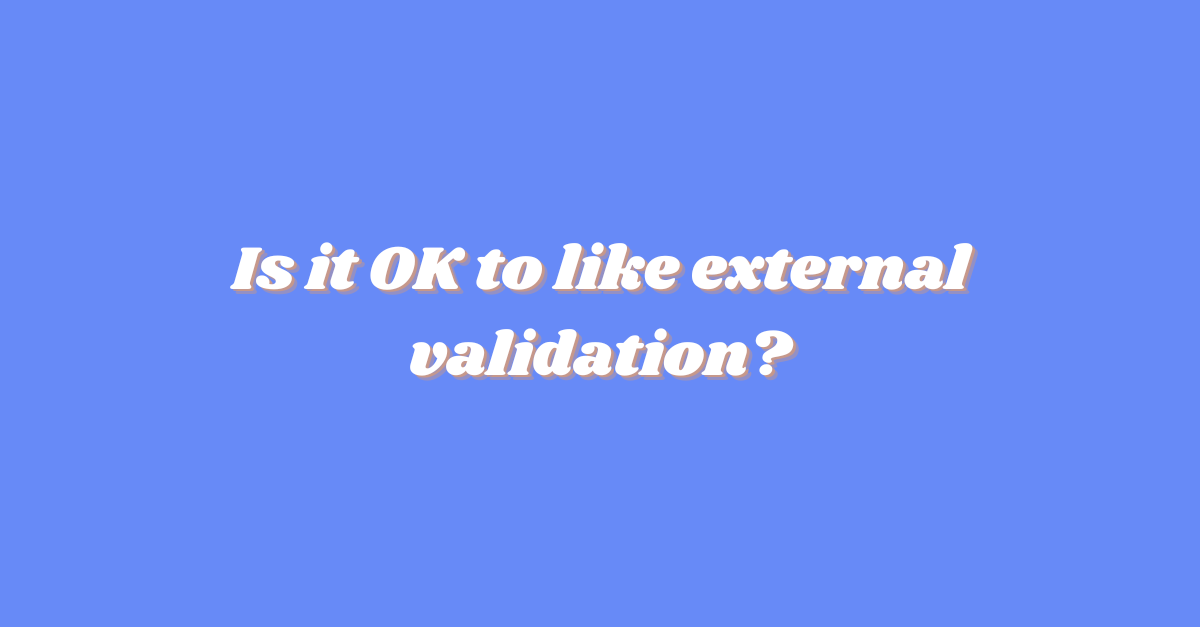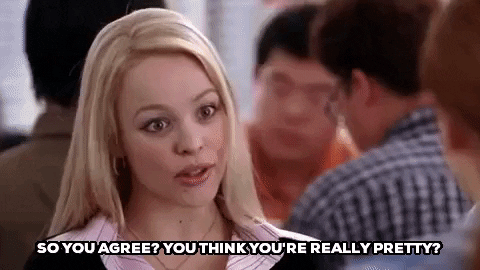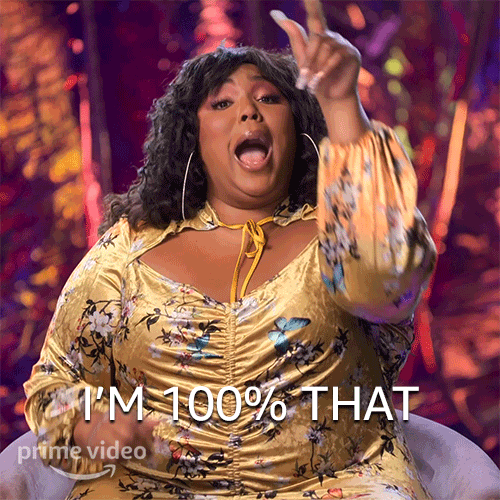Whether it’s a match on Hinge, a like on Instagram, a thumbs up from our boss, or a compliment on our shoes, validation can feel pretty good.
The question is, at what cost? All of the above are examples of external validation—in other words, positive feedback that comes from other people.
There’s nothing inherently wrong with external validation. We’re social creatures who derive happiness and security from other social creatures. However, it’s our relationship with external validation that can become problematic.
Take dating. Ever gone through a breakup and swiped furiously through a dating app to get some proof that your ex is missing out? That’s an example of relying on external validation. And (several disappointing dates later) one of your friends has probably quoted Carrie Bradshaw and told you that the most important relationship is the one you have with yourself.
They’re not wrong. But does that mean it’s never OK to like external validation? And how does that validation interact with our inner critic? Here are some thoughts from our founder, Molly.
The pros of external validation
“There are two ways we can look at validation and our inner critic. The first answer to the question of whether it’s OK to like external validation is…absolutely yes!
“It's really important to be able to recognise when we've had positive feedback, and to let that land with us. Because if we receive external validation and it doesn't land with us, it can be a sign that our inner critic is being too loud. You know when you receive a compliment, but that voice in your head tells you that you were just lucky, they were just being nice, or they say that to everyone? That's your inner critic talking.
“To turn down its volume, we need to make sure we properly internalise positive feedback. In other words, take the compliment.”
The cons of external validation
“Having said this, we should also examine whether we can find the resilience and resources to deal with our inner critic, even if we're not getting that external validation.
“Rather than only relying on positive feedback and compliments to feel confident, we can draw on other tools and resources to keep our inner critic at bay.”
Essentially, it’s about finding the right balance. So while it’s OK to enjoy external validation, we shouldn’t derive all of our self-worth and confidence from it—we need to be able to find that within, too.
How to manage your inner critic
If you want to become more aware of your inner critic and learn how to dial down its volume, here are a few resources to help you get started:
And if you subscribe to our newsletter, we’ll appear in your inbox every week with more inner critic insights and advice.
What's your relationship with external validation? We'd love to hear your thoughts in the comments.







